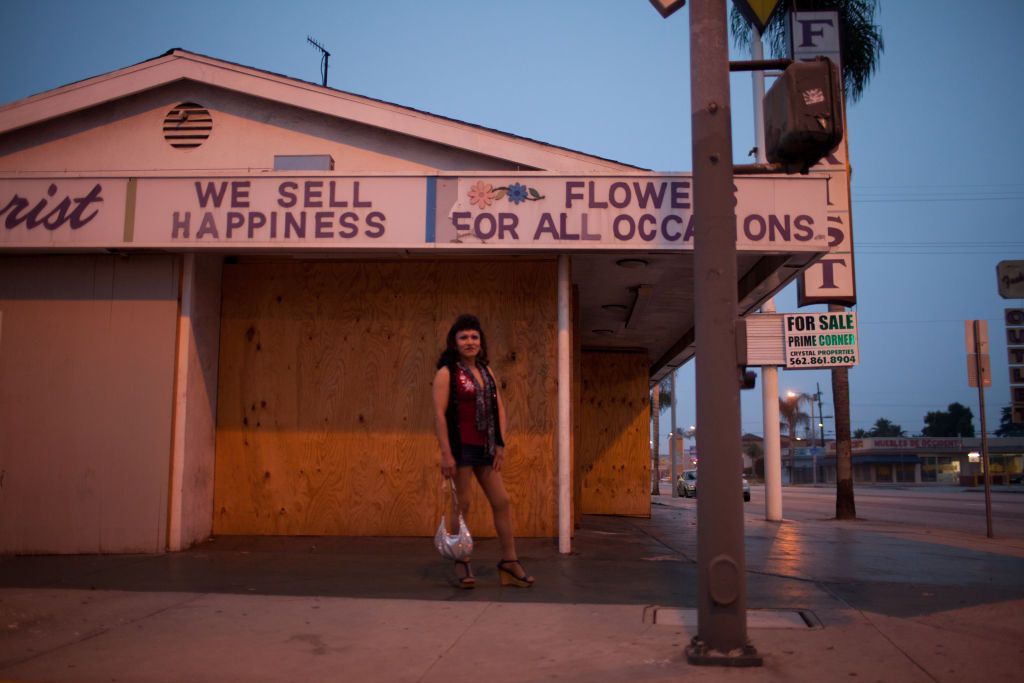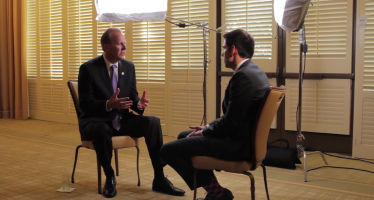Judge rejects legalizing prostitution in CA
 A push by current and former sex workers in San Francisco to legalize prostitution has been rebuffed by a California judge.
A push by current and former sex workers in San Francisco to legalize prostitution has been rebuffed by a California judge.
“Erotic Service Provider Legal, Education & Research Project — a San Francisco-based advocacy group — sued Attorney General Kamala Harris and district attorneys of four counties in March 2015,” Courthouse News reported, “claiming that prosecuting sex that is ‘part of a voluntary commercial exchange between adults’ violates the state and U.S. Constitutions.”
“But U.S. District Judge Jeffrey White on March 31 agreed with the state’s claims that ‘there is no fundamental right to engage in prostitution or to solicit prostitution’ and that ‘any relationship between the prostitute and the client is not expressive association protected by the Constitution.'”
The Harris factor
The case had taken on an added edge as Kamala Harris has forged ahead with her campaign to replace outgoing Sen. Barbara Boxer. White’s ruling came as a relief: his language largely mirrored her own in a brief filed against plaintiffs. “There is no fundamental right to engage in prostitution or to solicit prostitution,” wrote Harris in her motion to dismiss the case, as the Washington Blade recalled. “Neither is prostitution or solicitation expressive conduct protected by the First Amendment.” But shortly after Harris filed, the Supreme Court ruled, in Obergefell v. Hodges, that same-sex marriages were constitutionally protected — a decision that plaintiffs sought to use to their advantage against Harris.
In a court brief filed in January, plaintiffs argued that the logic in Obergefell ought to lead to a ruling in their favor. “Plaintiffs commenced this lawsuit to challenge California’s intrusion upon their fundamental liberty interest in deciding how to conduct their private lives in matters pertaining to sex. Obergefell continues the Supreme Court’s jurisprudential theme of shielding private, sexual relationships from governmental oversight,” they wrote, claiming that the ruling’s treatment of the Fourteenth Amendment’s Due Process Clause “allows individuals to engage in intimate conduct without unwarranted governmental intrusion.”
No protected interest
White rejected that argument. “He said the high court, in the 2003 ruling, disavowed any intention to legalize prostitution,” the San Francisco Chronicle noted, and “cited a 1988 ruling by the federal appeals court in San Francisco that observed the relationship between a paid escort and a client ‘possesses few, if any, of the aspects of an intimate association. It lasts for a short period and only as long as the client is willing to pay the fee.'”
“Established legal authority ‘dictates that the intimate association between a prostitute and client, while it may be consensual and cordial, has not merited the protection of the Due Process Clause,’ which requires the government to follow legal standards when restricting individual liberty, White said.”
White went on to hold that “criminalizing prostitution serves legitimate government interests of promoting public safety and preventing injury and coercion,” according to the Associated Press. Prostitution has been illegal in California since 1872, with a 1961 update increasing the state’s $500 fine to $1,000 — while leaving in place the original punishment of six month’s time in jail. Rounding out his decision, the Chronicle added, White also rejected plaintiffs’ claims that their rights to free expression and to earning a living did not extend to using illegal activity to do so.
Last chance
As has sometimes been the pattern with similarly high-profile lawsuits, the current case could take on a second life through the appeals process. “White gave the group an opportunity to amend its lawsuit,” as the AP noted. “D. Gill Sperlein, an attorney for the group, said he’s not certain he will file an amended lawsuit, but he will appeal the decision.” But the clock has been ticking. If plaintiffs fail to amend their complaint by May 6, Courthouse News observed, White “will dismiss it with prejudice.”
Related Articles
Pols’ 2010 gas tax swap made road woes worse
It’s become an annual ritual: Stories about the State Board of Equalization announcing it is raising or cutting the state
Tax Hike Idea Ignores 'Capitalization'
SEPT. 22, 2010 By WAYNE LUSVARDI San Francisco Chronicle Columnist Debra Saunders has proposed raising the annual rate of property tax increase allowed under Proposition
VIDEO: San Diego mayor discusses drought alleviation
San Diego Mayor Kevin Faulconer sits down with CalWatchdog.com Editor Brian Calle to discuss how San Diego is addressing the




